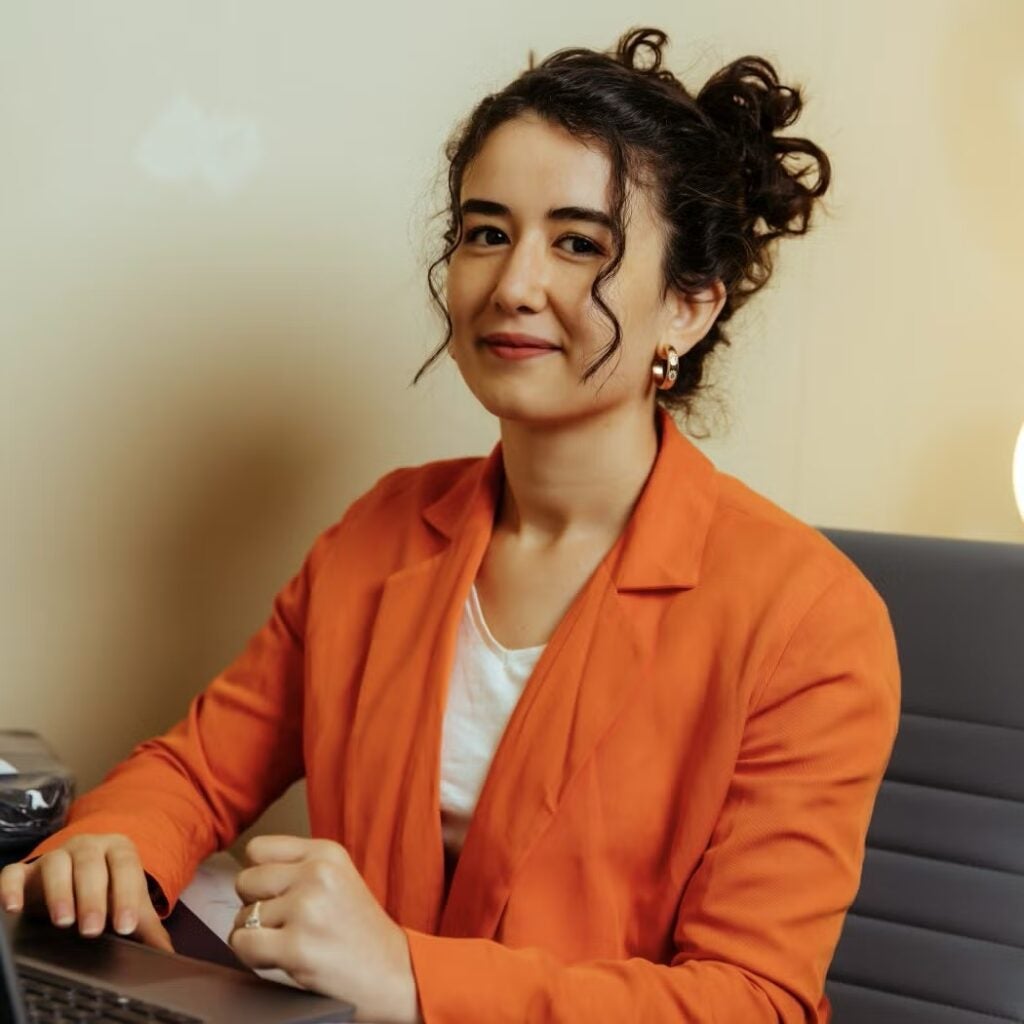Lamis Ben Aiyad
Global Human Development Student
Lamis Ben Aiyad is passionate about international development and the diverse theories and approaches that drive progress in addressing the world's current challenges. Her primary area of interest is post-conflict development, where she specializes in research and analysis of peacebuilding, conflict sensitivity and local governance. As a conflict sensitivity advisor with the Peaceful Change initiative, Lamis focuses on conflict sensitivity analysis and research across Libya, examining both national and local dynamics. She has also worked as a research supervisor with Bakboka, a German company, producing an impressive average of 140 short reports/updates each month.
Lamis has co-authored several research papers exploring issues related to local governance, conflict sensitivity and the vital role of young people, women and indigenous communities in peace processes. One of those research projects focused on service provision in Libya, including water supply, electricity supply and solid waste management, which was supported and published by the German organization Friedrich Ebert Stiftung.
Lamis is an alumna of the 2019 Middle East Partnership Initiative (MEPI) Student Leaders Program and a fellow of the 2022 Community Engagement Exchange Program. She recently worked with the governmental affairs department of the Counsel on American-Islamic Relations (CAIR) in Oklahoma for three months, where she focused on enhancing her policy-making knowledge and understanding advocacy methodologies. Lamis is eager to continue improving her quantitative skills, learn more about development theories and contribute to sustainable development efforts worldwide.
Summer internship
Over the summer, I had the opportunity to work with the Women, Business and the Law (WBL) project at the World Bank Group, which provides data and analysis on laws and regulations affecting women’s economic participation in 190 economies. As a data research intern, I supported desk research, data verification, and coding to ensure the accuracy of WBL’s indicators. I also engaged with stakeholders in more than 21 countries, connecting with legal experts and practitioners to better understand the nuances of women’s legal rights across different contexts. This experience gave me insight into how large-scale research is conducted in multilateral institutions and strengthened the quantitative data skills I have been developing through the GHD program.
